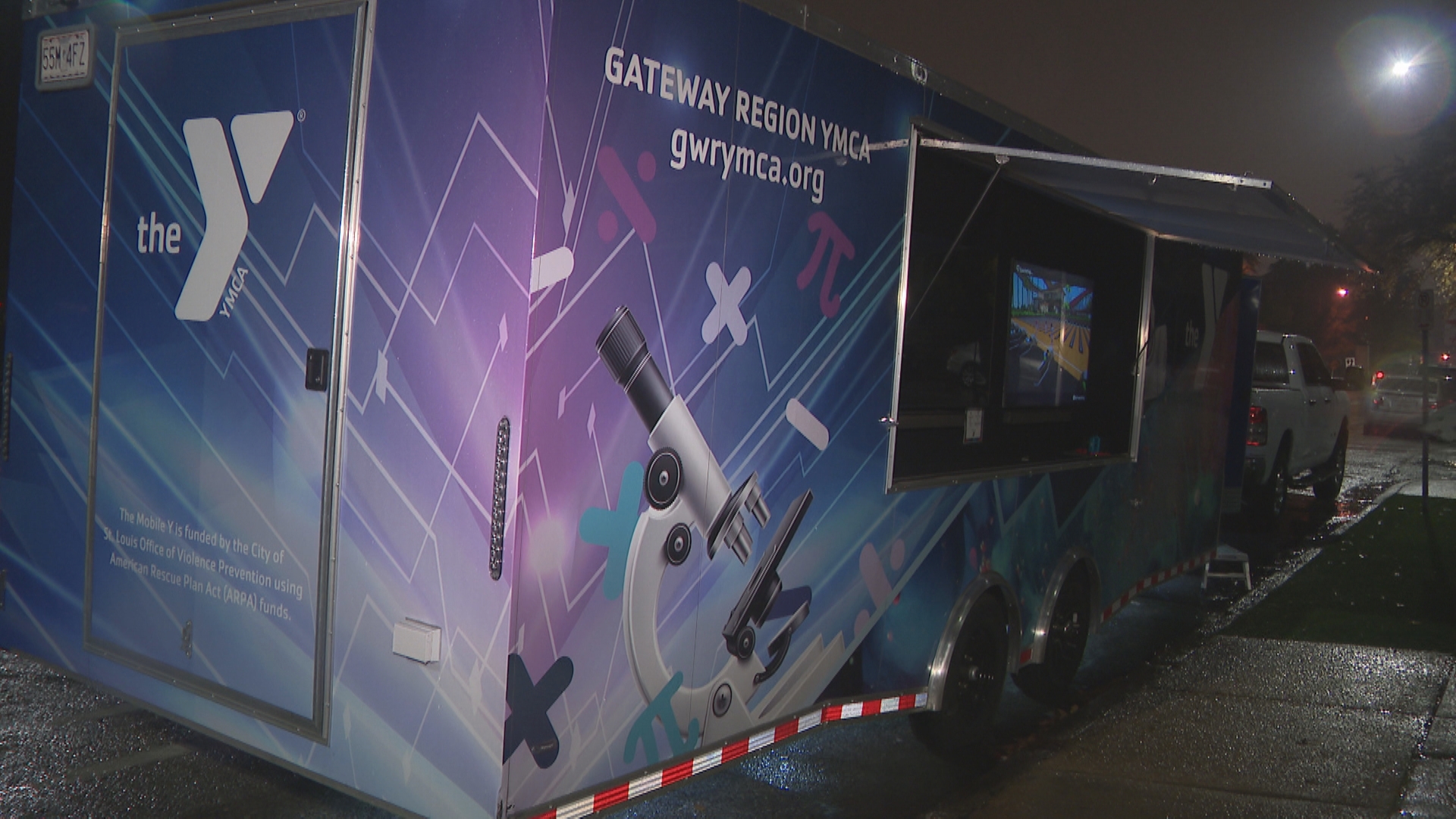Republican state Sen. Andrew Koenig recently introduced legislation that was passed by the Senate that “prohibits teachers from placing blame on a collective group or race for the ‘actions committed in the past by others,’” among other directives.
The odd aspect of Koenig’s and other GOP anti-CRT proponents is that they’ve whipped up a nation-wide fervor over a non-issue. Koenig’s bill specifically states: “No school shall offer a course on critical race theory in kindergarten through 12th grade.”
CRT has never been taught in elementary or high schools. It’s traditionally a course taught in law schools and colleges that examines the role of systemic racism in American society.
Chris Tinson, Associate Professor of History and Chair of the Department of African American Studies at St. Louis University, has kept an eye on the growing controversy surrounding efforts to curtail CRT in public schools.
“We’re at a moment. I think these moments are recurring, where we’re grappling with American democracy, the history of the country, questions around reparations and questions around historic wrongs,” Tinson explained.
Because CRT has been manipulated, minimized and politicized, Tinson further discussed how many people are simply choosing sides in the contentious debate.
“If you just say, ‘this equals that,’ it’s enough for many people. But it seems that many Republicans-and some Democrats-have latched on to this idea that CRT is the target in which they can scare people to just get votes,” Tinson said.
“I don’t think they’ve legitimately studied what each school board requires; whether CRT is actually there or how it’s measured. There hasn’t been any kind of objective measurement that I’ve seen where they’ve provided evidence that critical race theory is taught throughout Missouri or any other state.”
Koenig’s bill, which is now headed to the House, prohibits teachers from teaching that “individuals of any race, ethnicity, color, or national origin are inherently superior or inferior and that individuals, by virtue of their race, ethnicity, color, or national origin, bear collective guilt and are inherently responsible for actions committed in the past by others.”
Without any data or studies to back up their claims, Koenig and other conservatives pushing anti-CRT legislation claim that teaching it encourages “inferior or superior” feelings among students.
The bill includes exceptions for teaching about “sexism, slavery, racial oppression, racial segregation, affirmative action” and laws that lead to discrimination, as well as “discussing current events in a historical context.”
Koenig insistsit would not limit teachers from explaining slavery and racism in America, but it would address supposed racial indoctrination of students.
“There’s a big difference between saying that a certain group of people in history thought that individuals were inferior versus saying that is the case today, or that it’s a fact that certain races are inferior to others,” Koenig said.
“It sounds like something but there’s nothing there, " Tinson retorted.
“I’m in front of classes every day, at mostly majority white universities, and there’s no point where anybody in the room feels inferior or superior while talking about difficult moments in United States history and some of those moments still pertain to us today.
“There are no objective measures that they can point to that says ‘here’s the evidence that people are feeling inferior.’”
Koenig’s office did not respond to requests for an interview.
Describing proposed legislation like Koenig’s, as “toxic ideology,” Mayor Tishaura Jones said the attempt is “an affront to anyone who believes we can and must learn from history. Hiding from the past won’t help us create a more equitable and just future.”
Anybody who believes “children can’t handle hearing hard truths about America and its history—the good, the bad, and the ugly,” Jones continued, “hasn’t “spent enough time talking with children. They are resilient, naturally curious, empathetic, and smart.”
The whole CRT attack, Jones summarized, is orchestrated and pushed by politicians and people who “are far too fragile to hear the unvarnished truth.”
Because CRT has been merged with black history, Tinson defined proposed legislation as an unsophisticated attempt to “kill two birds with one stone.”
“CRT merges with black experiences and other peoples of color experiences throughout the country. CRT aims to evaluate how our legal structures protect racial power, which is essentially how white society essentially stays in control, and how the legal apparatus maintains power for certain groups.
“CRT does deal with black experiences, but it is not the sum total of African American history,” Tinson continued.
“So, there is an effort to conflate them because it doesn’t require a lot of deep analysis. There are things in our current discussion of African American history that do deal with harms of the past. So, if you can knock out CRT then you don’t have to have the conversation about historic harms.”
Since January 2021, 42 stateshave introduced bills or taken other steps aiming to place restrictions on how issues of race and sexism are taught.
Mayor Jones maintains it’s important that students understand “the fraught history of race in the United States to understand how and why systematic racism still pervades our society.
“Fighting against the facts of our history,” Jones said, “is waging a battle against thought and ideas: and in an open society, there can be no room for this sort of willful ignorance and intolerance.”



